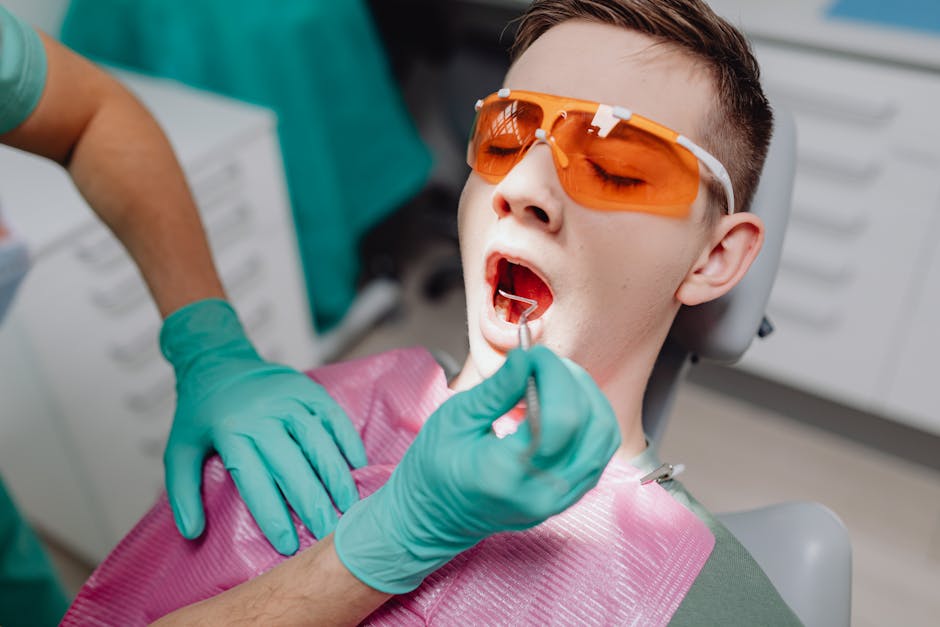Introduction to Biological Dentistry Definition and Principles
Introduction to Biological Dentistry Definition and Principles
Blog Article

In recent years, a growing interest in holistic health approaches has led many individuals to explore alternatives to conventional dental care. Among these alternatives is biological dentistry, a practice that emphasizes the connection between dental health and overall well-being. This article will delve into the principles, key practices, benefits, and distinctions of biological dentistry, as well as provide guidance on how to find a practitioner who aligns with this philosophy.
Introduction to Biological Dentistry: Definition and Principles
Biological dentistry is a holistic approach to dental care that prioritizes the health of the entire body, not just the teeth and gums. It operates on the premise that oral health can significantly impact overall health, and that dental treatments should be designed with the patient's well-being in mind. Key principles of biological dentistry include the use of biocompatible materials, the minimization of toxins in dental procedures, and an emphasis on prevention and education.
Key Practices in Biological Dentistry: Techniques and Treatments
biological dentistry practices involve a variety of techniques that set them apart from traditional dental methods. These may include:
- Biocompatible Materials: Biological dentists often use materials that are free from harmful chemicals, such as mercury in fillings. This focus on biocompatibility ensures that materials used in dental procedures do not negatively affect the body.
- Ozone Therapy: This technique utilizes ozone gas to disinfect and promote healing in dental tissues. It is often employed in treatments for cavities and gum disease.
- Holistic Treatments: Biological dentistry may incorporate natural remedies and therapies, such as herbal medicine and homeopathy, to support oral health and enhance recovery.
- Preventive Care: Emphasizing prevention, biological dentists often provide education on nutrition, lifestyle choices, and proper oral hygiene practices to reduce the risk of dental issues.
Benefits of Biological Dentistry: Health, Environment, and Patient Experience
The adoption of biological dentistry practices offers numerous benefits for patients. From a health perspective, this approach seeks to minimize exposure to harmful substances, thereby potentially reducing the risk of systemic health issues associated with dental materials. Additionally, biological dentistry often focuses on environmentally friendly practices, which can reduce the ecological footprint of dental care. Patients frequently report a more positive experience, as biological dentists tend to prioritize communication and patient comfort, ensuring that individuals feel informed and empowered throughout their treatment process.
Comparison: Biological Dentistry vs. Traditional Dentistry
Understanding the differences between biological dentistry and traditional dentistry can help individuals make informed choices about their dental care. Traditional dentistry often emphasizes the treatment of symptoms rather than addressing underlying causes. In contrast, biological dentistry seeks to understand the root causes of dental issues and how they relate to overall health. While traditional dentists may use materials that contain substances like mercury, biological dentists avoid these in favor of safer, biocompatible alternatives. Furthermore, biological dentistry frequently incorporates a more holistic approach to patient care, considering factors such as diet and lifestyle in treatment plans.
Finding a Biological Dentist: What to Look For
If you are interested in exploring biological dentistry practices, it's important to find a qualified practitioner. Here are some tips on what to look for:
- Credentials: Verify that the dentist has undergone training in biological dentistry and is familiar with holistic practices.
- Consultation: Schedule a consultation to discuss your concerns and treatment preferences. A good biological dentist will take the time to listen and provide tailored recommendations.
- Patient Reviews: Look for testimonials from other patients to gauge their experiences with the dentist and their approach to care.
- Holistic Philosophy: Ensure that the dentist prioritizes a holistic approach, considering the interplay between oral health and overall well-being.
For more information on biological dentistry practices, including resources and practitioner directories, you can visit Inspo Dental.
In conclusion, biological dentistry represents a thoughtful and comprehensive approach to oral health. By understanding its principles, techniques, and benefits, individuals can make informed decisions that align with their health philosophies and enhance their overall well-being.
Report this page